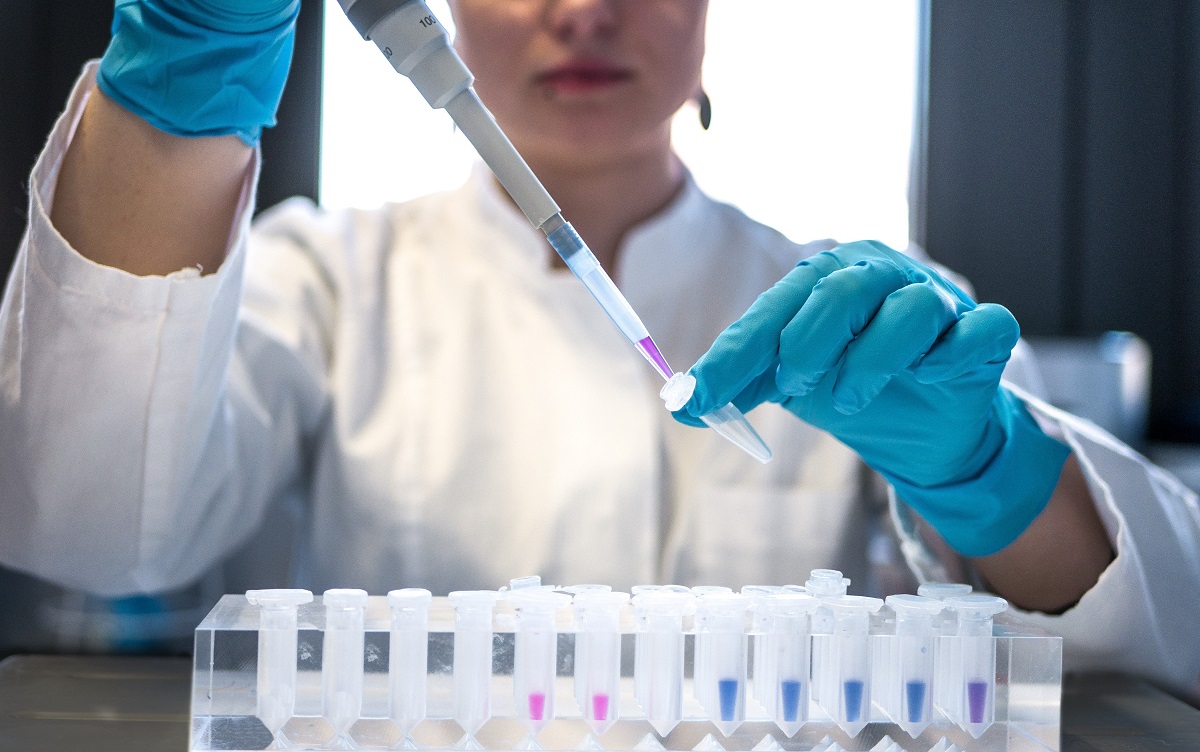
In a major strategic shift, Novo Nordisk has announced a significant workforce reduction, eliminating approximately 9,000 positions globally. This move, representing 11% of its total workforce, is a direct response to mounting competitive pressure from rival Eli Lilly in the lucrative obesity and diabetes drug market.
The restructuring is projected to yield savings of $1.25 billion, funds which the Danish company vows to reinvest into research, development, and commercial initiatives for its next-generation treatments. The announcement was coupled with a substantial profit warning, with the company slashing its 2024 sales growth forecast.
The core of this corporate upheaval is the heated battle over glucagon-like peptide-1 (GLP-1) receptor agonists. While Novo Nordisk’s injectable drugs, Ozempic and Wegovy, achieved blockbuster status and briefly made it Europe’s most valuable company, Eli Lilly has surged ahead with its superior dual-acting drug, tirzepatide, marketed as Mounjaro for diabetes and Zepbound for weight loss. This shift in market dynamics has set the stage for the next critical front in this pharmaceutical war: the development of oral medications.
Analysts project the obesity drug market could reach $80 billion, with oral pills expected to capture a significant portion by 2030. Both companies are racing to launch daily pills in the U.S. as early as next year, pending regulatory approval. These oral formulations are anticipated to dramatically expand patient access to GLP-1 treatments beyond the current weekly injection model.
However, recent clinical results have introduced new uncertainty. Eli Lilly’s oral candidate, orforglipron, demonstrated approximately 12% weight loss, notably less than the efficacy of its market-leading injection and slightly below the 17% weight loss shown by Novo Nordisk’s oral semaglutide, an oral version of Wegovy.
The rivalry is set to crystallize in the coming months when Eli Lilly releases results from a head-to-head clinical trial directly comparing its orforglipron against Novo’s oral semaglutide. While the primary focus will be on blood sugar reduction in Type 2 diabetes patients, the weight loss data will be intensely scrutinized by doctors and investors alike.
The key question for the market is whether patient preference for a pill will outweigh the comparative efficacy advantage of injections, a factor that will ultimately determine which titan of industry dominates the future of obesity treatment.



